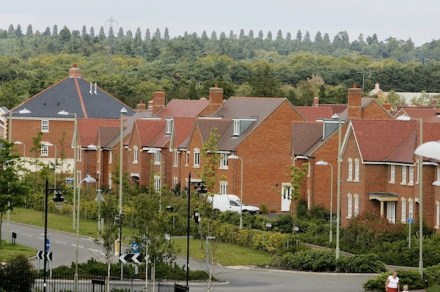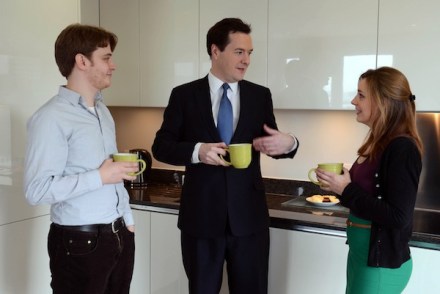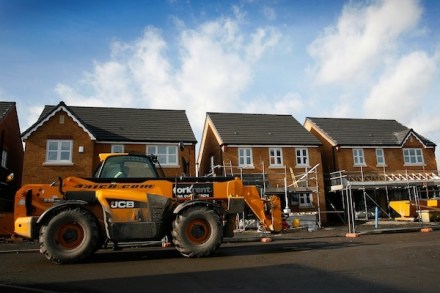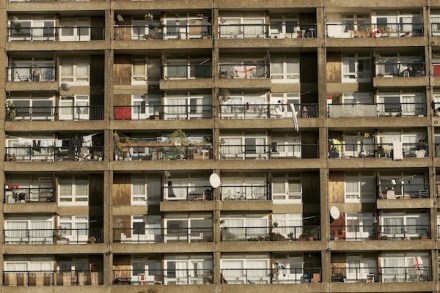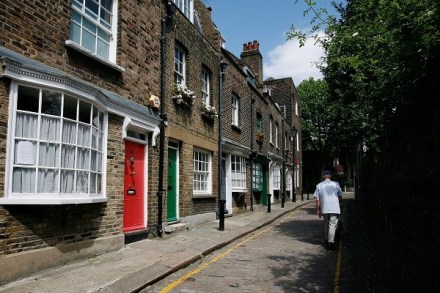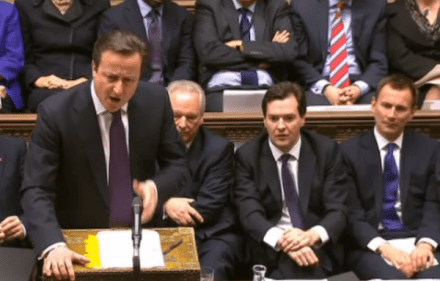Stamp Duty is stomping all over Middle England
65 per cent of the people buying a home in London in 2012-13 paid the 3 per cent rate of Stamp Duty or more. You can pay that rate on a one or two bedroom flat in the capital now. But it would be a mistake to think that Stamp Duty is only an issue in London and its leafier suburbs. Just 200,000 of the 500,000 transactions subject to Stamp Duty in 2012-13 were in London and the South East. Family homes around the country are subject to punitive rates. Imagine you bought a house in the West Midlands for £300,000 at the start of 2007. Not a mansion but




